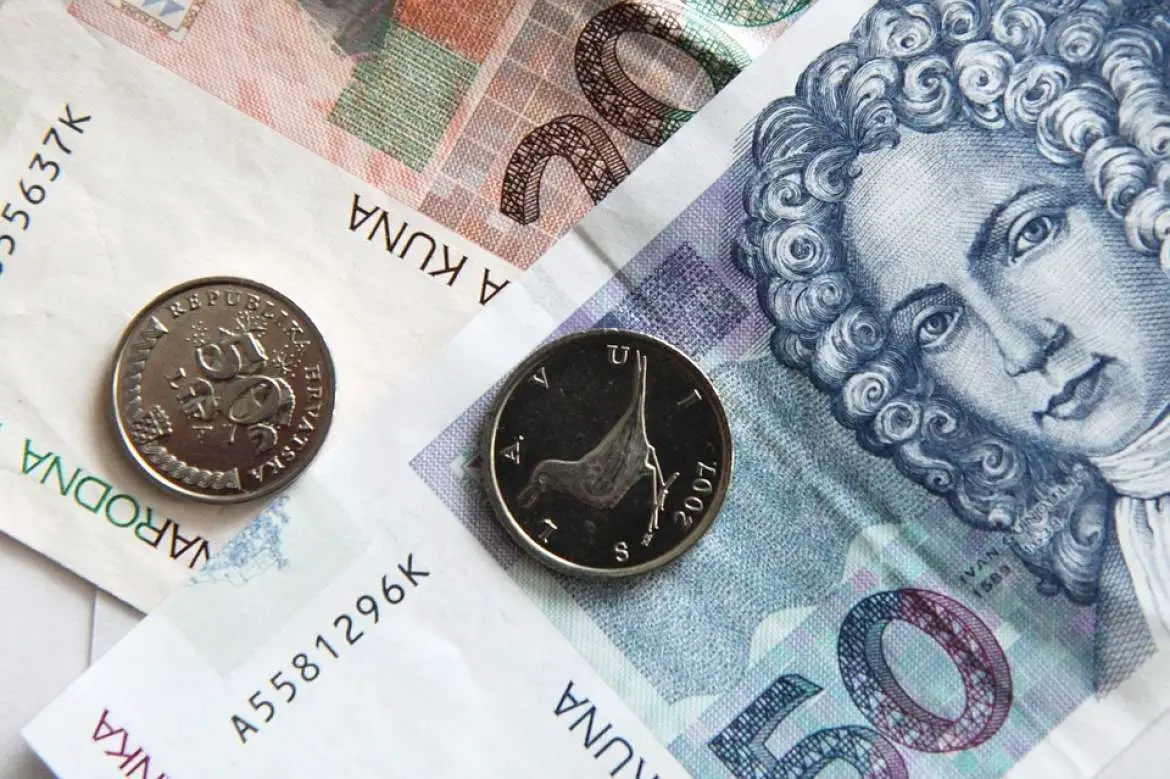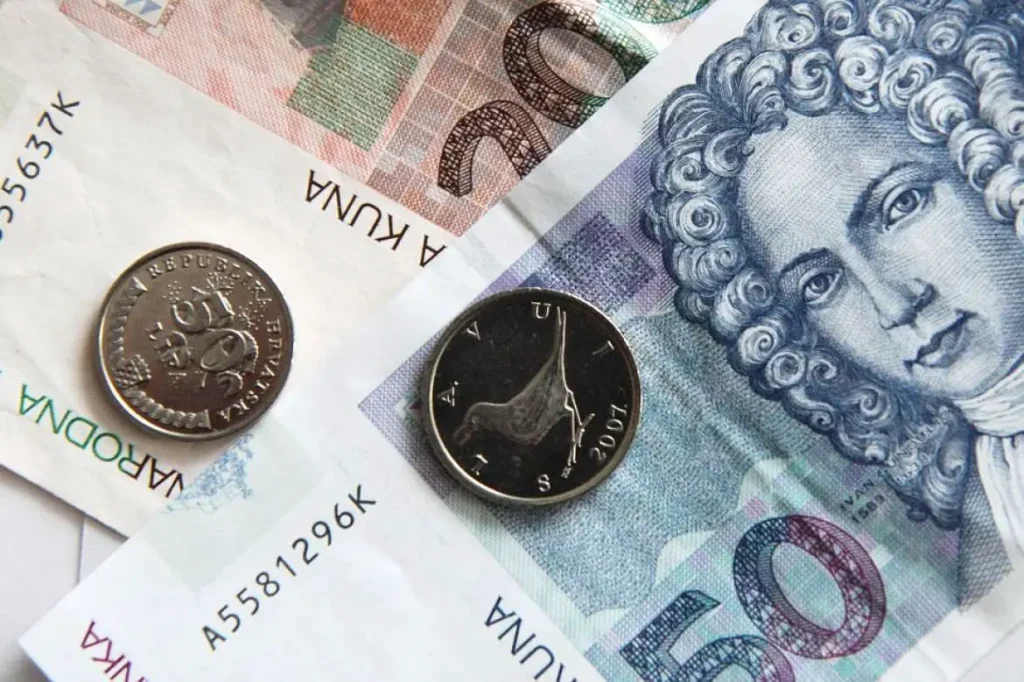
As Poslovni Dnevnik/Jadranka Dozan writes on the 8th of November, 2020, the Croatian Government has sent proposals to Parliament to amend four laws that provide legal bases for the fifth round of interventions in the tax system. What sort of Croatian tax relief can we expect next year?
The main points of the new round of Croatian tax relief were presented before the second wave of the coronavirus pandemic. In the autumn economic forecasts presented yesterday, the European Commission revised the expectations for respective EU economies and now estimates that a return to pre-pandemic levels by the year 2022 isn’t very likely. For Croatia, instead of predicting this year’s 9.1 percent GDP decline, it is now counting on a decline of 9.6 percent (a larger decline is expected only in Italy and Spain), with the fact that next year, according to the EC, France should lead the rate growth (5.7%). When drafting the budget, the Croatian Government remained firm in its projection of an 8 percent drop this year, with a 5 percent increase next year.
The deterioration of the epidemiological situation, however, didn’t affect the initially announced content of the tax package, nor did it significantly change the public consultation process which was conducted in the meantime, for which various stakeholders submitted about 40 proposals and/or remarks for alterations to the Income Tax Act.
In addition, the Croatian Government only took note of, but didn’t take into account the position of the Fiscal Policy Commission, which, due to the uncertainty and risks associated with the pandemic, suggested to the government to postpone the implementation of the planned income and profit tax reduction. We’ll be proceeding with the introduction of this Croatian tax relief, therefore, only at the beginning of 2021.
According to the government’s calculations, this means that next year’s income taxation will be reduced by around HRK 2 billion.
In contrast, after the previously extended plan for a reduced VAT rate for all food, budget concessions have been reduced to a more flexible taxation process for enterprises, while the end consumers, in mid-2021, will mostly face price increases for small online purchases from abroad. From the second half of the year onward, namely, the import of small value goods (up to HRK 160) will no longer be spared the payment of VAT, ie Croatian VAT will need to be paid on these deliveries, in accordance with the corresponding EU directive. Thus, VAT will be calculated next year with a positive fiscal effect of around HRK 250 million.
Upon presenting the new tax package, the government recalled that the effects of the past four rounds of Croatian tax relief (since 2017) exceed 8.2 billion kuna, and for 2021 they carry an additional HRK 1.9 billion. “The government is thus continuing the policy of relieving both citizens and enterprises, and with this new wave, we’ll be at over HRK 10 billion of relief,” stated Prime Minister Andrej Plenkovic. When everything is added up, Minister of Finance Zdravko Maric says that the relief for citizens reaches almost HRK 11 billion.
Howeverm some economists share the Fiscal Commission’s reservations about the plan to cut income tax rates from 36 down to 30 and from 24 down to 20 percent from January the 1st, 2021. Although the tax burden in Croatia should generally be reduced, they warn that other countries, due to the circumstances surrounding the pandemic, mostly aren’t reducing their room for maneuver in this way. Circumstances have changed significantly compared to the time before the elections and during the drafting of the Government’s programme, and in these conditions of an increased need for the financing public services, there is usually no relief for citizens with a higher income,” pointed out Zeljko Lovrincevic from the Institute of Economics.
At the same time, the Croatian Employers’ Association (HUP) welcomed the announced Croatian tax relief, but due to the increased costs for preventive epidemiological measures, they consider them insufficient and have additional requirements.
They are satisfied, they say, that their proposal to treat the cost of vaccination against infectious diseases as non-taxable has been accepted. However, they insist that the retroactive application of this relief be envisaged, starting on March 11th, 2020, and that the measure be extended to testing workers. “Due to coronavirus, the costs for preventive measures have increased significantly, from protective equipment and the installation of physical barriers to maintaining the cleanliness of facilities and workplaces, and depending on the activity, they range from one hundred to as much as HRK 2,000 per worker,” they explained.
HUP CEO Damir Zoric said that “it is the right time to reduce all unnecessary parafiscal levies and fees, the removal of which has been delayed for years.”
For the latest travel info, bookmark our main travel info article, which is updated daily.
Read the Croatian Travel Update in your language – now available in 24 languages
Join the Total Croatia Travel INFO Viber community.










